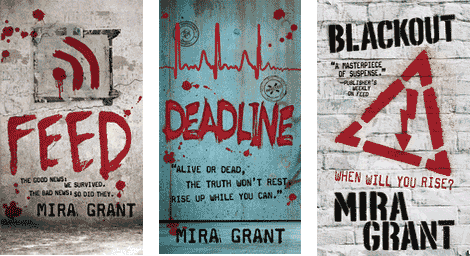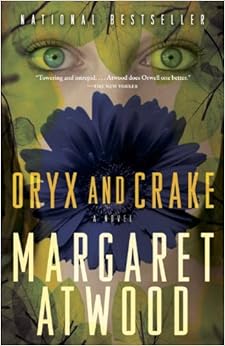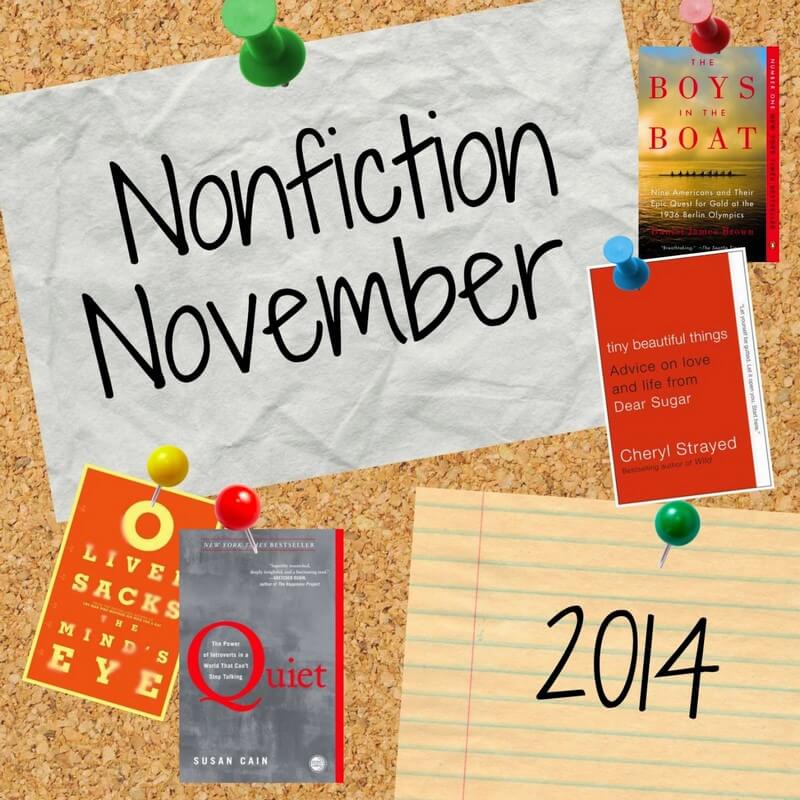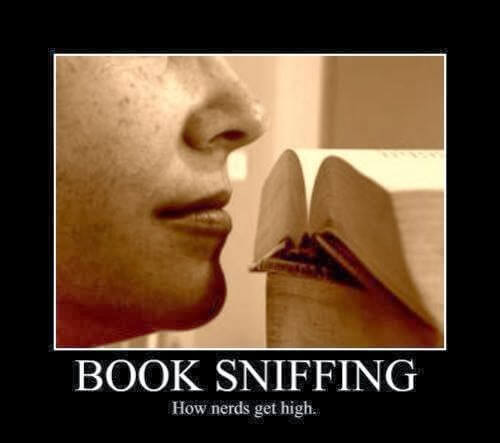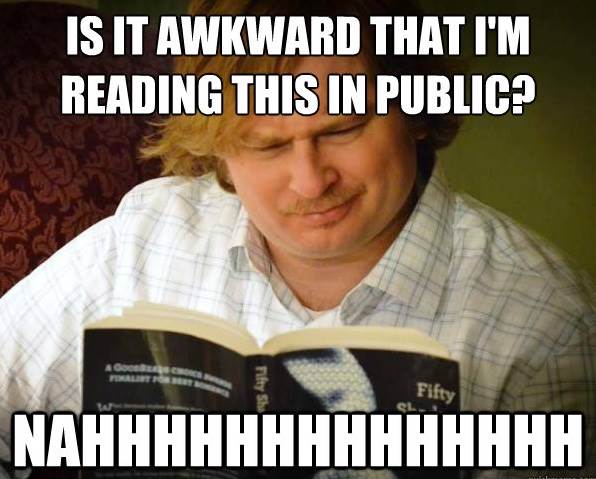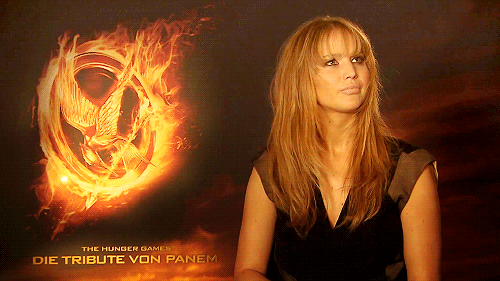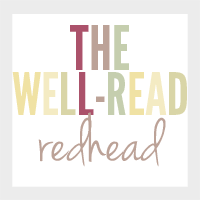Thanks to the magic of Goodreads, I looked back to see what I was reading around this time 10 years ago. In summer 2005, I was a newly-minted college graduate, and had just started my first big-girl job. I realized that I no longer had to spend all of my time reading TEXTBOOKS! I was free to browse the library as I wished! With that in mind, here are 5 of the books I was enjoying in the dog days of 2005:
1. The Godfather by Mario Puzo
My mom passed down an old copy of this book to me, and I finally had time to read it once I graduated from UConn. For some reason, back then I gave it 4 stars on Goodreads, but my recollection is that I didn't really like it all that much...? Ohhhhhh boy, I'm gonna go and say it...I LIKED THE MOVIE BETTER!
2. Funny--He Doesn't Look Like A Murderer by Shirley Bostrom
I actually obtained this book during the Family Violence course that I took during my senior year at UConn. The book is a nonfiction account of the author's tragic experience with domestic violence, as her daughter Margie was murdered by her (Margie's) husband. Bostrom came and discussed the incident with our class, as well as her work as a victim's advocate in the wake of this tragedy. A very sad book, but one that is important to the conversation on domestic violence and its consequences.
3. The Devil's Highway by Luis Alberto Urrea
This is a nonfiction account of what happened when a group of Mexican men attempted to cross the US border via the Arizona desert in 2001. As you can imagine, this book speaks to much more than this individual journey, as it examines US border policy and brings the physical and emotional toils of the migrants to life. This book still sticks with me 10 years later--a must-read!
4. The Runaway Jury by John Grisham
Honestly, I have no idea what this book is about. That is pretty much the case for every John Grisham I've ever read. I highly enjoyable at the time that I am reading them, but then I quickly forget which one is which because they are just SO DARN SIMILAR. I once started reading a Grisham novel and made it a third of the way through before I realized that I'd already read it once before. I guess that's a long way of saying that this book did not make much of an impression on me. :)
5. The 9/11 Commission Report
Yes, I actually did read this brick of a book. It took me ages (I remember reading it between other novels throughout the summer), but it brought 9/11 (the actual day, as well as it's lead-up and consequences) to life in a way that I couldn't get from CNN or the New York Times. Very comprehensive, though very very dense.
Apparently not much light reading for me in summer 2005, eh? I suppose all that college book-learnin' was still rubbing off on me. ;-)
What were you reading 10 years ago??







